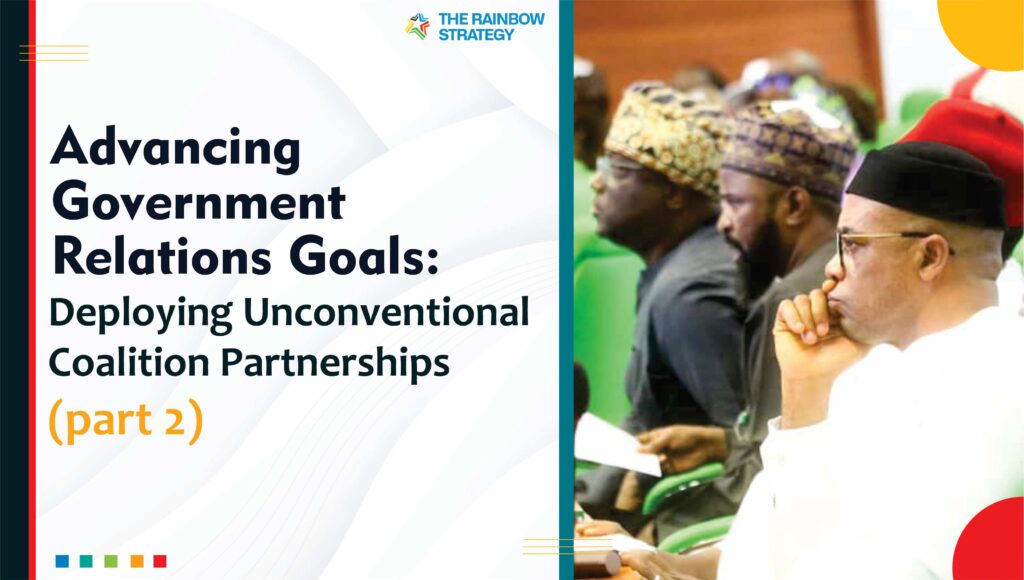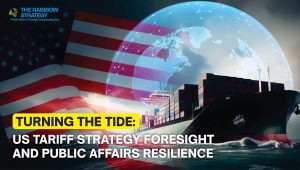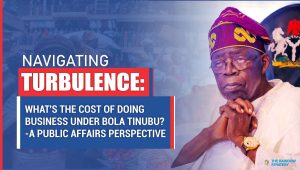This edition continues from the previous edition of the same title (part 1), which revealed that experts at an insightful session of practitioners in private, public and development sectors hosted by The Rainbow Strategy, agreed that forming unconventional coalitions has proven to be a strategic approach in advancing various government relations goals across Nigeria and Africa. In this edition, we promised several case studies and notable examples where seemingly incompatible organisations have come together to achieve significant impacts.
Case Studies in Unconventional Partnerships
- Environmental Groups and Energy Companies
At first glance, environmental advocacy groups and energy companies appear to be natural adversaries. However, when both parties focus on a common goal—such as advancing clean energy technologies—they can form powerful alliances. A notable example is the coalition between the Environmental Défense Fund and BP. By working together, they have championed regulatory changes that promote both environmental protection and energy innovation.
- Health Advocacy Organizations and Technology Firms
Health advocacy organizations and technology firms have distinct priorities, yet their collaboration can lead to groundbreaking advancements in public health. The partnership between the American Heart Association and Google is a prime example. Through their joint efforts, they have developed innovative digital health tools and platforms that enhance patient care and empower individuals to manage their health more effectively.
- Agricultural Associations and Tech Startups
Agricultural associations and tech startups may seem worlds apart, but their combined efforts can revolutionize the agricultural sector. The collaboration between the National Farmers Union and AgTech startups like Indigo Agriculture showcases how technology can enhance sustainable farming practices. Together, they have developed data-driven solutions that improve crop yields, reduce environmental impact, and support farmers’ livelihoods.
- Case: Nigerian Conservation Foundation (NCF) and Chevron
Despite the oil industry’s environmental controversies, the NCF and Chevron have collaborated on several conservation projects. Their partnership focuses on biodiversity conservation, environmental education, and sustainable development initiatives. This coalition leverages Chevron’s resources and NCF’s expertise to promote environmental sustainability.
5. Tech Start-ups and Traditional Banks
Case: Flutterwave and Standard Bank
Flutterwave, a Nigerian fintech start-up, partnered with Standard Bank, one of Africa’s largest financial institutions, to improve digital payment systems across Africa. This coalition aims to bridge the gap between traditional banking and digital financial services, enhancing financial inclusion and promoting economic growth.
6. Agricultural Cooperatives and Telecom Companies
Case: Kenya Tea Development Agency (KTDA) and Safaricom
In Kenya, KTDA, which represents small-scale tea farmers, has partnered with Safaricom, a leading telecom company, to implement digital solutions for farmers. This collaboration introduced mobile platforms for real-time market information, financial services, and agricultural advice, empowering farmers to make informed decisions and increase productivity.
7. Health NGOs and Beverage Companies
Case: Coca-Cola and the Bill & Melinda Gates Foundation
To improve healthcare delivery in remote areas of Africa, Coca-Cola and the Bill & Melinda Gates Foundation formed an unconventional coalition. Using Coca-Cola’s extensive distribution network, the partnership ensures the delivery of essential medical supplies to underserved regions, demonstrating how commercial infrastructure can support public
These unconventional coalitions in Nigeria and Africa exemplify how diverse organizations can unite for a common cause, leveraging their unique strengths to achieve significant government relations goals.
These partnerships break traditional barriers, foster innovation, and create sustainable impacts, demonstrating the power of collaboration across different sectors. By exploring and nurturing these unconventional alliances, organizations can drive meaningful change and contribute to the development of their communities and countries.
In the final and concluding part 3 which will be published next week, The Rainbow Strategy will proffer some strategies to help identify and cultivate these partnerships.
#governmentrelations#goals#unconventional#coalition#partnerships#publicaffairs#strategiccommunication#therainbowstrategy.








